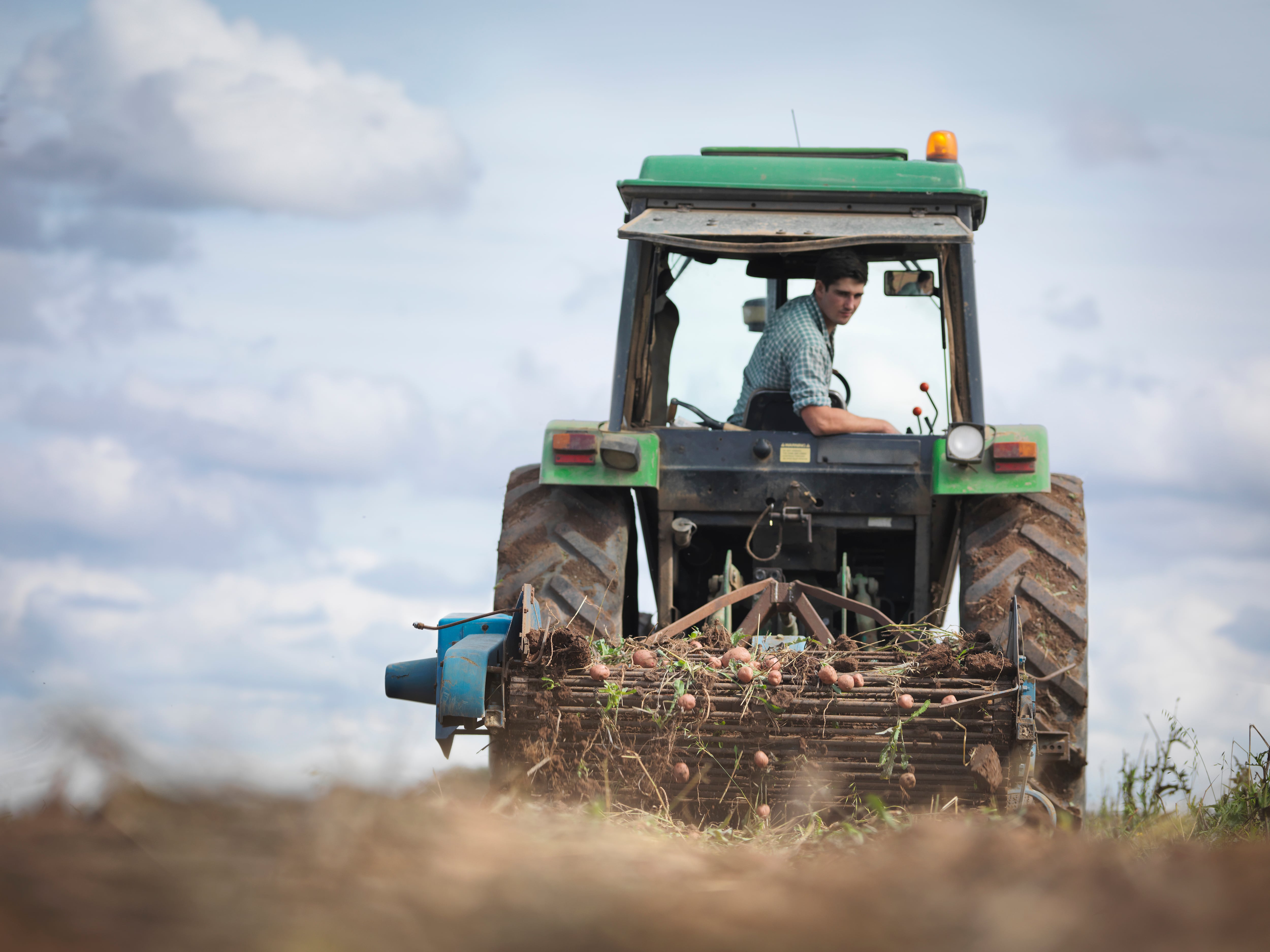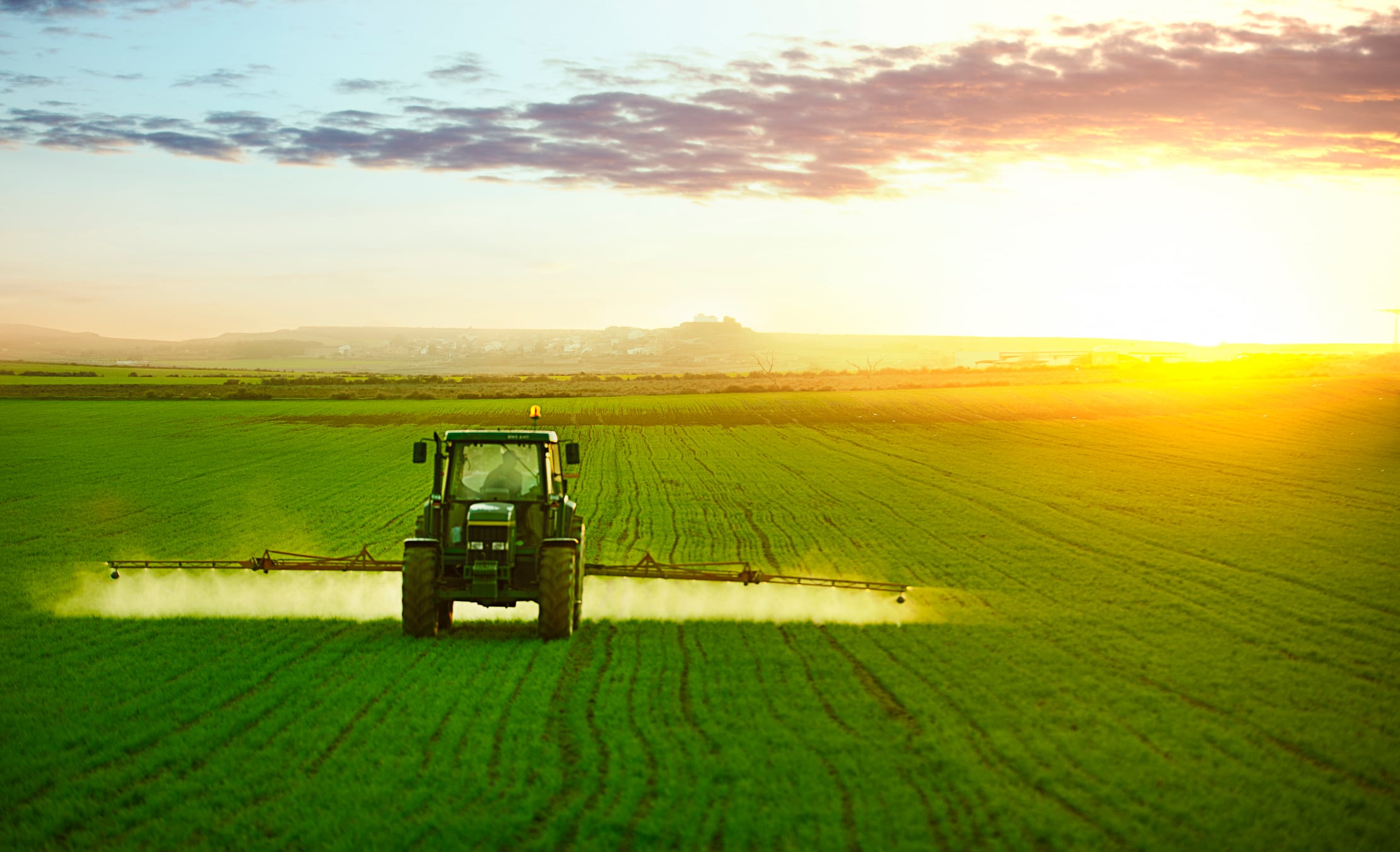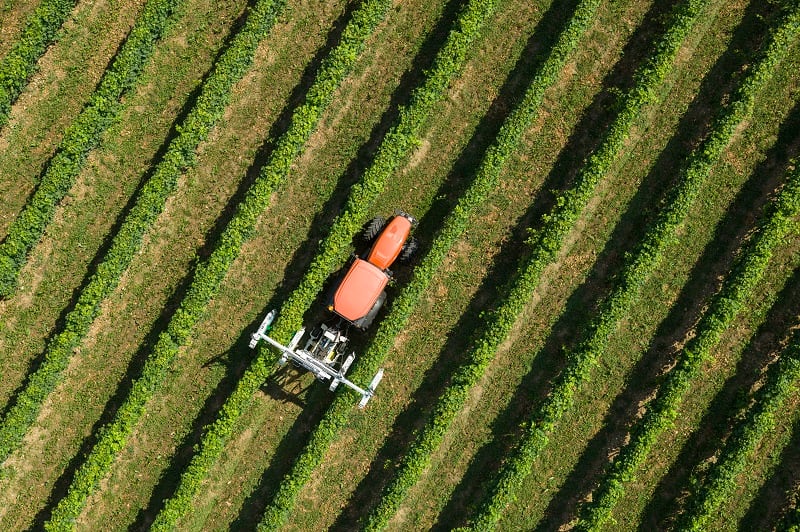The UK supermarket, set to open 75 new stores in the UK, announced a £820,000 fund to support sustainable farming efforts in January.
The investment aims to reward farmers for efforts to reduce carbon emissions and promote nature on their farms across beef, lamb and dairy sectors.
“Co-op is a long-term supporter of British farming, and we were the first and, at the time, only national UK grocer to switch to 100% British fresh and frozen own brand protein including when used as ingredient in all our products, a commitment we proudly continue to stand by today,” said Co-op’s senior agriculture manager Joseph Keating.
“Farmers are the absolute backbone of the UK’s food supply and supporting UK agriculture is more important than ever for us, our member owners and customers.”
Two key projects
The fund will allocate across two key projects. In the first, Co-op is partnering with the Soil Association Exchange to support 140 farmers in its Dairy Farming Group to reduce their carbon footprint and begin to baseline key nature indicators like biodiversity and soil health.
Sustainability payments will be rewarded to the farms as part of the project, whilst farmers will be able to choose an action plan that works for them, with support from Soil Association Exchange advisors, which could include cutting fertiliser use, increasing fuel efficiency, and investing in solar energy.
Co-op’s Future Farming Fund includes five on-farm projects:
- Better soils for better forage: A key aspect of the new fund is promoting soil health. The fully funded project, which is open to all farmers in the group, and includes in-depth testing to discover more about the nutrients and carbon in the land to help shape the management of the soil. This enables farmers to support the life forms that live in and around it as well as inform the use of inputs like fertilisers more efficiently.
- Biodiversity: Co-op is also helping farmers to improve nature on their farms by studying insects like bees, butterflies and moths, which are vital for natural habitats. The three-year biodiversity project uses technology to map habitats and record pollinator activity, helping to make detailed action plans for enhancing biodiversity in the future.
- Alternative Crops for Forage: Funding the establishment of multispecies or brassica crops. It is designed to provide farmers with better access to alternative crops for forage and reduce the reliance on concentrate feed, fertilisers, and soya usage to promote soil health, improve water quality and livestock diets and help farmers improve business viability.
- Genetics and data management projects are also included in the funding plan based on farmer feedback on the areas they needed the most support with. From empowering farmers with the knowledge and tools to enhance the genetics of their livestock, to support on how farmers can manage data and collect more in-depth information on farm performance to help shape business plans and drive profitability.
The second project, Co-op’s Beef Sustainability Scheme, will reward farmers for adopting on-farm sustainable practices and will be open to members of Co-op’s farming Group. Farmers will reduce their impact through a range of actions, from breeding more efficient animals through to improving forage quality.
“By working so closely with British farmers, we also know as an industry, they are facing many challenges,” Keating said. “That’s why we’re committed to helping our farms on their journey to climate resilience by supporting farmer-led solutions and investing £820,000 this year alone into supporting sustainable efforts as well as collaborating with trusted partners such as the Soil Association Exchange.
“The £820,000 directly rewards farmers for their efforts in reducing carbon emissions and promoting nature on their farms across beef, lamb and dairy sectors as part of two new sustainability projects.
“Dairy accounts for 11% of Co-op’s Scope 3 emissions and in partnership with the Soil Association Exchange, the first project supports farmers in our Co-op Dairy Farming Group to help them to reduce their carbon footprint and baseline biodiversity on their farms. Farmers can choose an action plan that works for them, which could include a variety of initiatives such as cutting fertiliser use, increasing fuel efficiency, and investing in solar energy.
“The project is going well and has been enthusiastically embraced, as it enables our Co-op dairy farmers to identify ways to reduce their impact and evidence the positive role they are already playing in managing nature and biodiversity on their farms.
“The second project, Co-op’s Beef Sustainability Scheme has been designed to reward farmers for adopting on-farm sustainable practices and is open to members of our Beef and Lamb Farming Group.
“It follows a successful pilot last year and has been extended to over 15% of our beef supply chain and includes lamb farmers for the first time. We’re expecting more than 100,000 tonnes of carbon to be saved under the programme over a five-year period.”
Joseph Keating will be speaking at the World Agri-Tech Innovation Summit London, taking place on September 22-23, 2025




